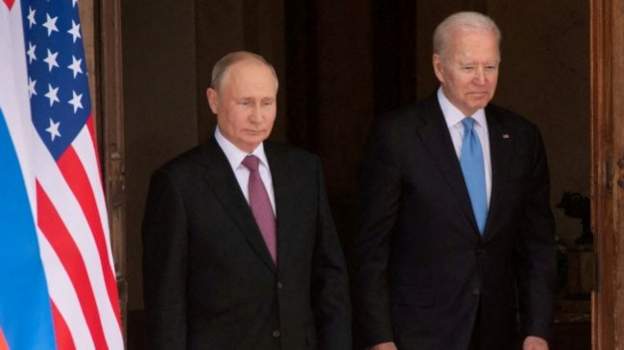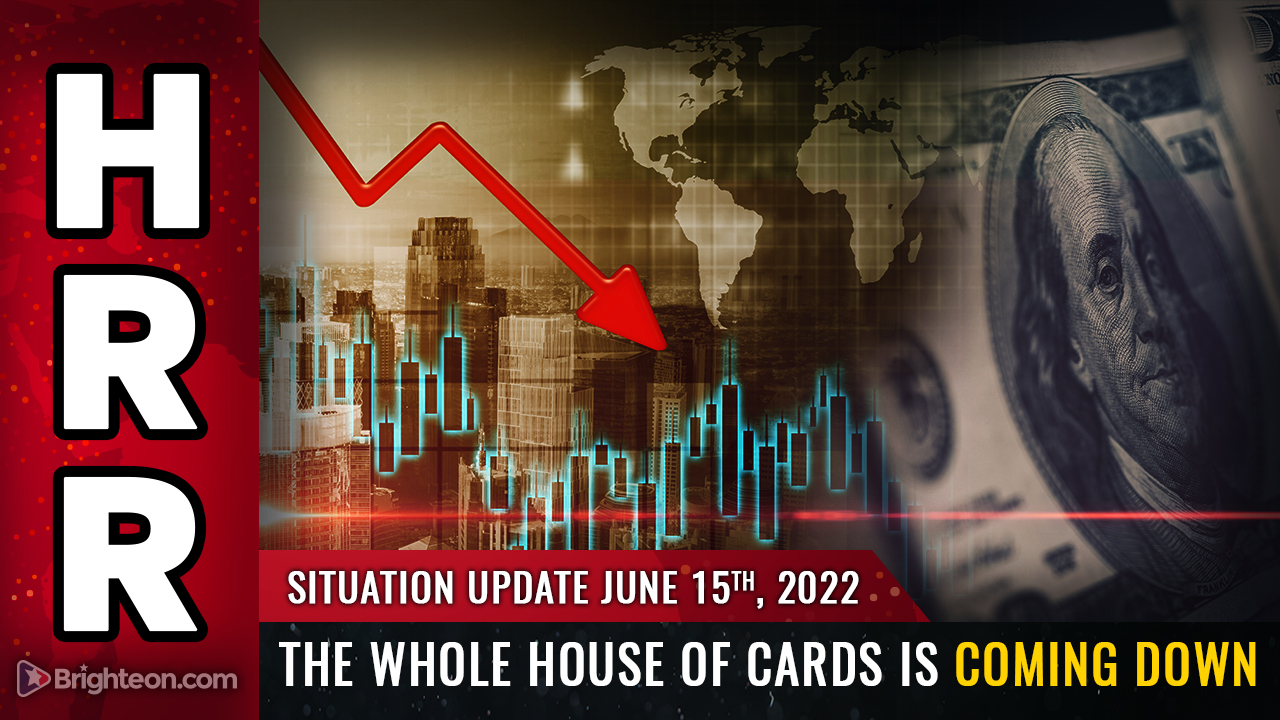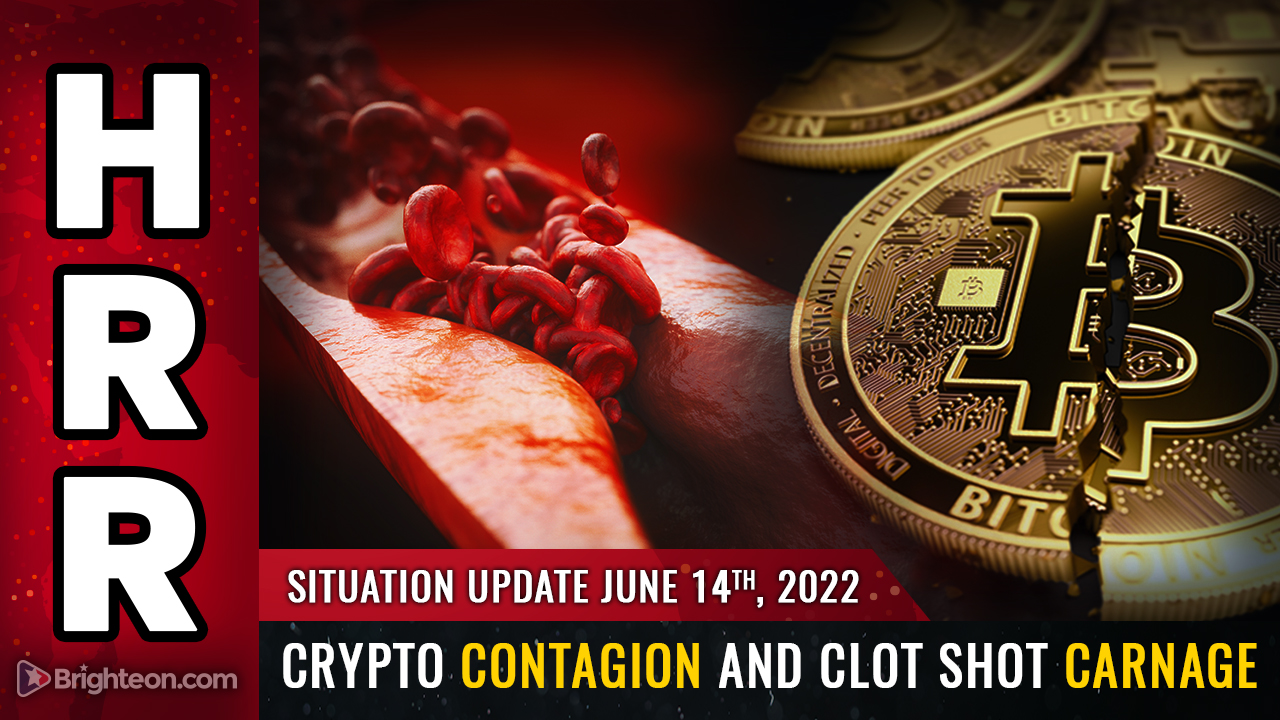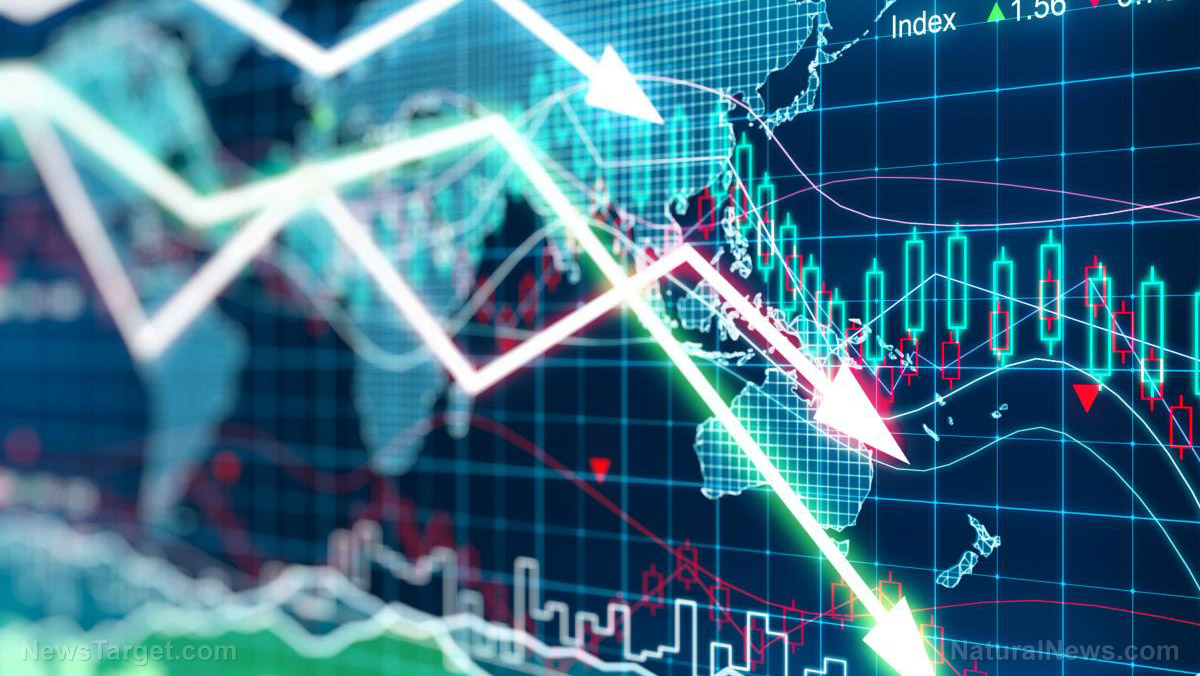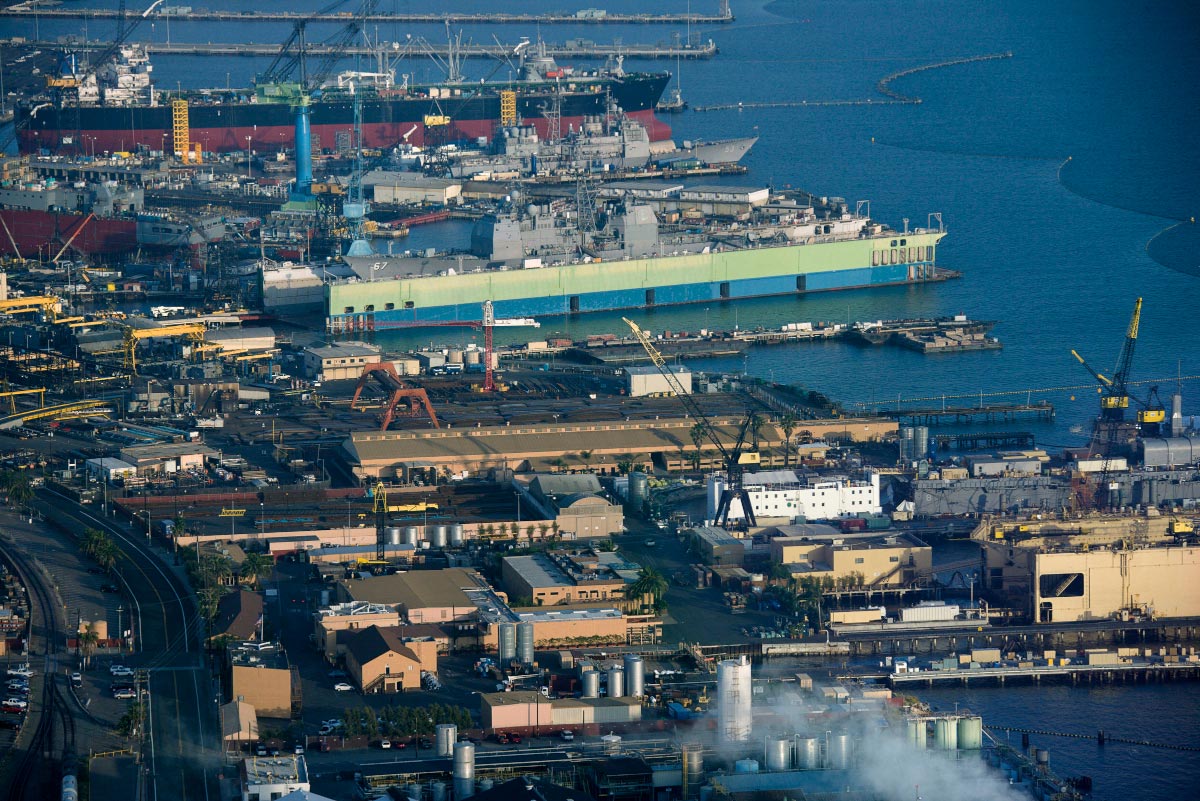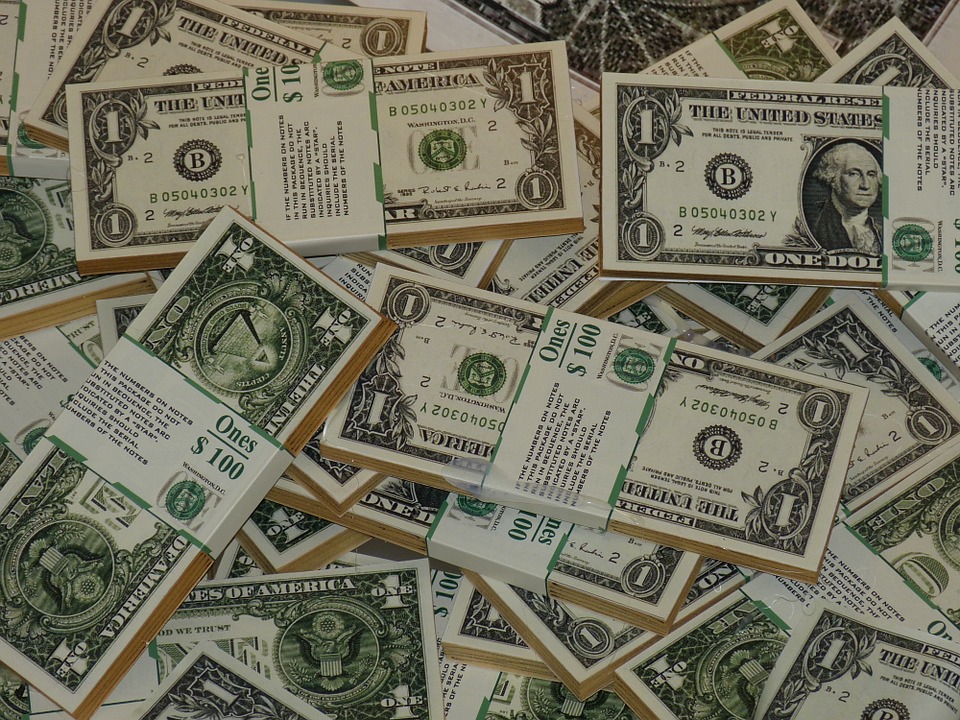Expert economist: High inflation could have been avoided if Federal Reserve acted earlier
06/15/2022 / By Mary Villareal

Economist Mohamed El-Erian said the current record-high inflation could have been avoided if the Federal Reserve had acted earlier and shown humility after wrongly describing inflation as “transitory.”
El-Erian, who serves as an economic adviser at international financial services provider Allianz, appeared as a guest on CBS‘s “Face the Nation” to discuss what caused the current inflation and where it will be heading.
He said the United States is in its current state because of a combination of different things, including the war in Ukraine, the energy transition and the incorrect judgment of the Fed.
All these things, he said, came together and are now feeding the “everything inflation.” He also added that prices of nearly everything are going up, and are making consumers feel insecure. (Related: America about to suffer as Federal Reserve struggles to battle inflation.)
Most of the inflation could have been avoided if only early action had been taken by the Fed. Because of the delays, it should now regain credibility to ease long-term inflation expectations.
“I was very puzzled when a year ago, so many people were so confident that inflation was transitory. There was so much we didn’t understand about the post-COVID inflation that humility would have been a good idea.”
El-Erian said things are not going well for the Fed because it was still unable to explain why it got its forecast “so wrong for so long.”
He also feared that this current period of “stagflation,” which consists of low growth and high inflation that could reach as high as nine percent, could be the darkest picture of what could lead to a recession. Nearly 40 percent of 49 respondents expect the U.S. economy to enter a recession in the first half of 2023, while 30 percent predict it to happen in the second half.
Last month, consumer prices already rose by 8.6 percent, the highest rate since November 1981. He said people should look at the Fed to increase by at least 50 bps (or equivalent to half a percentage point) in the coming week. Traders also now see a 50 percent chance that the Fed will raise interest rates by an unusually large 75 bps.
Price increases slowed for the first time in eight months in April, but El-Erian said he does not have hope that inflation has peaked or that it was “transitory” or temporary and quick.
The most optimistic outlook, in his opinion, is that the Fed regains control of inflation, which leads to a “soft landing,” or in a way that it comes down without sacrificing growth.
“What makes this very frustrating is it was partially avoidable. This is going to have enormous economic and social implications. It hits the poor particularly hard and has institutional and political consequences. And most of it could have been avoided, had early actions been taken.”
He also said earlier in the month that the Fed should continue raising interest rates at half-point increments until inflation is under control, rather than starting and stopping.
Other high-profile voices spoke out about Fed inaction
El-Erian is not the only high-profile voice that criticized the Fed for not moving fast or soon enough. Former Fed chair Ben Bernanke said in May that the central bank made a mistake in delaying its response to the rising inflation.
Even Fed Chair Jerome Powell admitted at a congressional hearing in March that it should have acted earlier.
Back then, Powell said he would begin with quarter-point increases in interest rates at the central bank’s policy meeting on March 15 to 16. However, some of his colleagues believe it takes a bolder half-point move, especially as Russia’s invasion of Ukraine sent oil prices surging, which could only make inflation worse.
Matthew Luzzetti, the chief U.S. economist at Deutsche Bank Securities Inc., said such gradual moves could come at a cost. “A more cautious initial approach does raise the risk of having to move more aggressively down the road, particularly as near-term inflation pressures will worsen and medium-term inflation risks shift further to the upside,” he said.
Back then, gradualism may be the strategic correct move because rates were still near zero.
Lawmakers also wanted to see action. Alabama Republican Senator Richard Shelby asked Powell back then if he ignored the inflation data or just missed it as it started to worsen last year. (Related: Senior Federal Reserve official says “transitory” inflation is not actually transitory.)
Offering an apology regarding the situation, Powell said: “Hindsight says we should have moved earlier. It’s just taking so much longer for the supply side to heal than we thought.”
Follow Bubble.news for more updates about the U.S. economy.
Watch the video below to know how inflation has gotten worse due to the inaction of the Federal Reserve.
This video is from the What is happening channel on Brighteon.com.
More related stories:
The Federal Reserve hides price inflation, but why?
The Fed invokes first rate hike to “curb inflation” but it’s way too little, too late.
Federal Reserve expected to raise interest rates earlier than expected due to rapid inflation.
Is America’s “giant debt factory” Federal Reserve setting us up for an economic nightmare?
It’s mid-2022 and the fed has still done nothing to fight inflation.
Sources include:
Submit a correction >>
Tagged Under:
big government, Bubble, chaos, Collapse, debt collapse, economic collapse, economist, economy, Federal Reserve, finance, Inflation, market crash, Mohamed El-Erian, money supply, risk
This article may contain statements that reflect the opinion of the author
RECENT NEWS & ARTICLES
COPYRIGHT © 2017 RISK NEWS



